SETC Symposium – Theatre and Citizenship
SETC Theatre Symposium - Theatre and Citizenship
SETC Theatre Symposium Volume 28
“Theatre and Citizenship”
DATES: April 12-14 2019
LOCATION: Agnes Scott College, Decatur, GA
More than simply a legal status, citizenship can be thought of as a performative act – whether that act be attending a play in classical Athens, exhorting fellow suffragists in Votes for Women!, or taking a knee at a football game. Western theatre traces its origins to ancient Greek rituals of citizenship, and governments, churches, and trade guilds have all used the form to define the polity. As an art form, theatre can boast expressions of patriotism as light-hearted as Cohan’s “I’m a Yankee Doodle Dandy,” and as stirring as Chinese revolutionary operas. Clearly, the institution of theatre has an enduring association with performances of citizenship, as theatre-makers and their audiences have collectively – and at times contentiously – sought to define what it means to be a citizen.
What is the place of theatre in discussions of citizenship? How does thinking about citizenship shape our understanding of theatre’s past, and our ideas about what theatre should be in the future? With the ultimate aim of strong papers to publish in Theatre Symposium 28, the organizers of the 2019 Southeastern Theatre Conference (SETC) Theatre Symposium invite the contributions of scholars, artists, and educators who wish to address the complex questions surrounding theatre and citizenship. Possible topics include, but are not limited to:
- How has theatre played a part in defining citizenship?
- How do we perform citizenship?
- What has been the role of theatre in times when citizenship is debated?
- How have extra-theatrical attempts to shape discourses of citizenship (election campaigns, protests, rallies, etc.) borrowed from the forms and techniques of theatre?
- How have theatrical representations reflected and affected racial, gendered, classed, and sexualized definitions of citizenship?
- How has the historical inclusion of some and exclusion of others in production arrangements dictated what theatre has to say about citizenship?
- How has citizenship status affected the ability of theatre artists to do their work?
- What does it mean to be a good citizen of the theatre (as either an artist or an audience member) and how do we respond to those who don’t perform theatrical citizenship according to our standards?
Keynote speaker Dr. Charlotte Canning will present a central address on the topic, and will also provide a conference response. Dr. Canning is the Frank C. Erwin Jr., Centennial Professor in Drama at the University of Texas at Austin, where she also serves as the Director of the Oscar G. Brockett Center for Theatre History and Criticism. Her books include On the Performance Front: US Theatre and Internationalism (Palgrave, 2015) winner of the Joe A. Calloway Prize, Representing the Past: Essays in Performance Historiography (Iowa, 2010), The Most American Thing in America: Circuit Chautauqua as Performance (Iowa, 2005) recipient of the Barnard Hewitt Award for Outstanding Research in Theatre History, and Feminist Theaters In The USA: Staging Women\’s Experience(Routledge, 1996). She has published in a number of academic journals, and her op-eds have appeared in The Conversation, the Washington Post, Truthout and American Theatre Magazine.
Selected papers presented at the conference will be published in Volume 28 of SETC’s annual Theatre Symposium journal. The conference fee of $150 includes registration, conference materials, selected meals, and coffee/snack service during the event.
Please send maximum one-page abstracts by 4 January 2019 to Andrew Gibb, Editor, at andrew.gibb@ttu.edu. Please use “LastName TS Abstract” as your subject line. Abstracts should include complete contact information (snail mail, email, phone).
